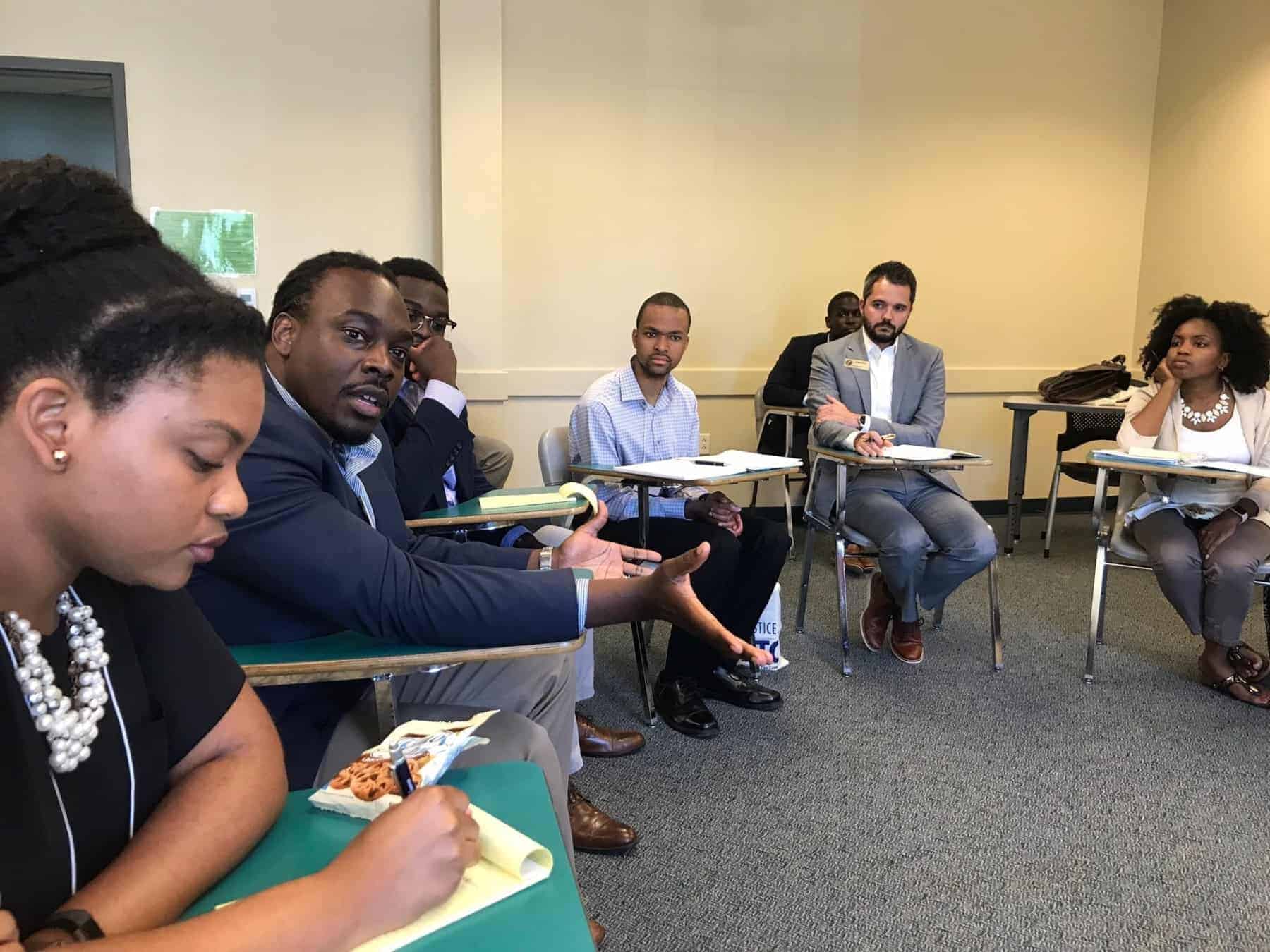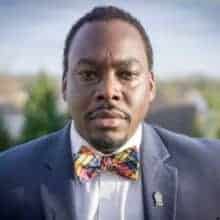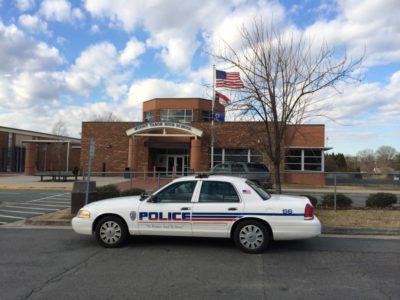Race and ethnicity are relevant in education.
Both continue to show up in meaningful ways throughout our system. From disparities in exclusionary discipline, to segregated composition of schools, diversity and experience of teachers, expectations of our students, even the courses offered to students are influenced by race and ethnicity. A growing body of research in this field helps us understand these issues and identify best practices moving forward.
Yesterday, I had the honor of commemorating the legacy of civil rights giant Dr. Martin Luther King, Jr. by participating in a panel discussion about education. The event took place at the Harvey B. Gantt Center for African American Arts + Culture in uptown Charlotte. It was titled, “The Urgency of Now: The Dream, True Education, and a Call to Action.” I sat alongside Judge Rickye McKoy-Mitchell and another civil rights champion Harvey Gantt — who integrated Clemson University, was the first black Mayor of Charlotte, and is the namesake of the Gantt Center. We spoke at length about the promise of equal rights, specifically as it pertains to Dr. King’s outlook on education. We unanimously agreed that promise continues to be unfulfilled for students of color, and it is past time to do something about it.
Dr. King was a studious man. A gifted orator, his quote on the purpose and value of education that resonates most with me is, “Education must enable a [person] to become more efficient, to achieve with increasing facility the legitimate goals of [their] life.” If we use this insight as a criteria for success, by many measures our current system is failing to educate our black, latinx, and native students. It is as if we have silently accepted these inequities as “the way it is” and assumed students of color cannot achieve.
Today is the National Day of Racial Healing, a time focused on repairing damage caused by past wrongs that continue to impact present realities. For those of us of color, the healing process only begins when the thing responsible for the damage is removed. As part of my commitment to rid the education system of the vestiges of institutional racism, my consulting firm, Filling the Gap Educational Consultants, LLC, will be partnering with the N.C. Center for Public Policy Research to launch a statewide study on equity in education. This collaboration seeks to close opportunity gaps for students of color in North Carolina by conducting evidence-based research, making recommendations based on the research, and working with others to implement best practices throughout the state. We will engage students, teachers, administrators, parents, policymakers, the media—in short, anyone and everyone.
With the Every Student Succeeds Act returning accountability for student subgroup performance to the states, and the U.S. Department of Education scaling back investigations into systemic issues, anxiety about racial and ethnic inequities in our schools is on the rise. We seek to leverage this as an opportunity to shine a light on these issues at the district and state level. Our deep dive on equity issues in education will use case studies and reports to document where inequities exist and inform ways to improve outcomes for students of color in North Carolina. We will engage communities across North Carolina to help us understand how these issues play out differently in different parts of our state and with different populations of students; amplifying the voices of educators of color; showcasing the good work of schools, districts, and communities; and supporting practitioners in developing competencies around race and ethnicity.
Whether in my classroom, or a meeting of the State Board of Education, or in my prior work with the Public School Forum of North Carolina, my work has always focused on the intersections of race and education. This is an extension of that work, and we are excited to create a research-to-practice continuum for the education system of North Carolina. We are especially excited about the chance to create equity based on the premise that “what gets measured, gets improved.”
For us, this work is in line with our state’s constitutional imperative to provide all children with a sound basic education. It is not a choice. There can be no excellence until there is equity. Creating inclusive and equitable schools better serves everyone, not just those on the margins.



